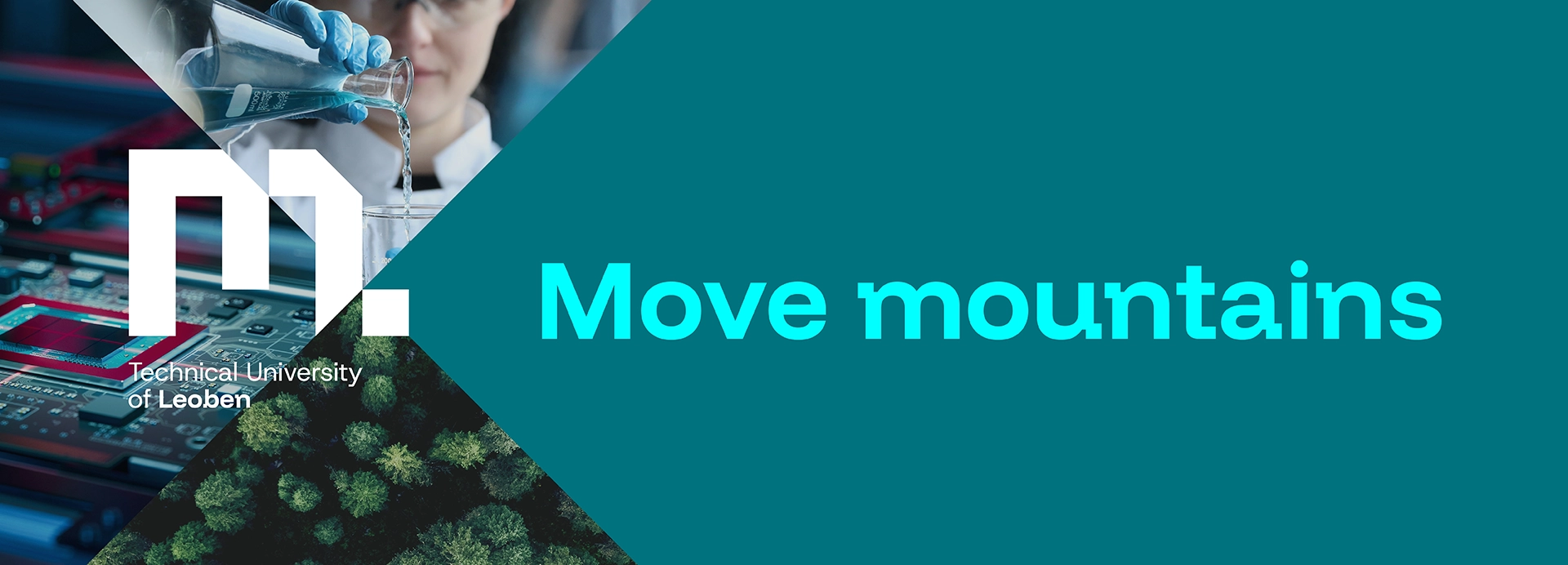Shape the Future of the Circular Economy
The world is facing a major challenge: resource scarcity, environmental pollution, and rising CO₂ emissions demand new approaches. The Master’s programme in Circular Engineering at the Technical University of Leoben equips you with the knowledge and skills to develop sustainable technical processes, close material loops, and lead industries towards a resource-efficient future.
Here, you will become part of a new generation of engineers who not only understand the circular economy but actively implement it.
What to expect from the study programme?
The English-taught Master’s programme in Circular Engineering offers a unique combination of technical expertise, interdisciplinary thinking, and sustainable innovation. You will deepen your understanding of material cycles and analyse how raw materials can be used efficiently while optimising recycling processes. The programme focuses on the entire value chain and production processes.
You have the flexibility to design your study plan by choosing the order in which you complete core modules and electives during semesters 1 to 3:
Recommended Semester 1:
Gain insight into sustainable development.
CORE MODULE
- Sustainable Development
In this module, you will explore advanced concepts and approaches to sustainability and sustainable development, as well as the specific assessment of circular processes in the context of the Circular Economy, and methods of economic evaluation (e.g., risk management, strategic business valuation).
Additionally, you will develop skills in sustainability-oriented project management and digital competencies.
Semesters 2 and 3:
Choose at least four elective modules and customise your training to suit your interests and skills.
ELECTIVE MODULES
- Business Management and Logistics
- Mining
- Minerals
- Polymers
- Materials Science
- Metallurgy
- Plant Design and Optimization
- Digital Waste Treatment and Analytics
You also have the opportunity to deepen your knowledge in free electives.
Semester 4:
Specialise in your preferred field and complete your Master’s thesis.
What are your career opportunities?
Graduates of the Circular Engineering Master’s programme play a key role in driving sustainable industrial development.
Your expertise in recycling processes, material flows, and resource-efficient production will make you a sought-after professional in a variety of sectors, including:
- Raw materials extraction and processing industries
Optimising material flows and production processes.
- Cement and metallurgical industries
Developing circular processes to reduce resource consumption.
- Recycling sector
Designing innovative recycling methods and circular economy strategies.
- Plastics industry and product manufacturing
Creating circular product designs and sustainable production systems.
- Plant engineering
Developing and optimising resource-efficient machinery and production plants.
Your expertise in circular value creation makes you a highly valued professional in industry, research, and policy-making. By combining technical knowledge with economic foresight, you actively contribute to the transformation towards a sustainable future.
Become part of the movement that maximises resource efficiency, closes material loops, and integrates sustainability into industrial practice. Circular Engineering is more than a degree. It is your contribution to a better world!
